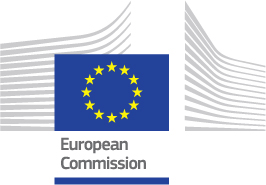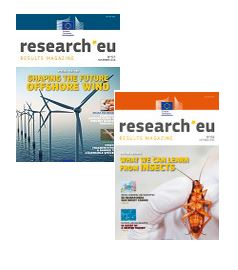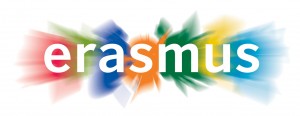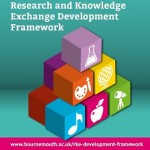Places are still available for the two-day bid writing retreat on 18th and 19th April – book in now!
As the European Commission celebrates the support of over 100,000 researchers through Marie Skłodowska-Curie Actions, RKEO are pleased to confirm our arrangements for supporting this high profile call in 2017.

Support
- There will be a two-day bid writing retreat on 18th and 19th April and, subject to demand, this will be repeated on 4th and 5th July, with bookings now open
- Materials are already available on the MyBU Research & Knowledge Exchange Development Framework Community and will be extended as more materials are made available for the 2017 call
- External bid writing support, where appropriate
- Timeline
As this is a highly popular call, RKEO need to carefully manage the flow of work within RKEO but also for all your colleagues, who work together, to ensure that each application is approved and submitted correctly.
The call will open on 11/04/17, when further information will be posted on this blog.

Please ensure that the Intention to Bid is submitted to RKEO by 30/06/17. You can, of course, let us know earlier than this date that you intend to apply, so that we can provide you, and your potential fellow, with as much support as possible, right up to the closing date of 14/09/17. It is expected that early drafts will be sent to RKEO at the beginning of August, allowing time for all those involved to manage their workloads.
Communication
Once we know that you are thinking of applying, even before submitting the Intention to Bid, we can keep you up to date with announcements from the funder and other sources of help and support.
If you are considering applying and would like to receive updates, please contact Dianne Goodman, RKEO’s Funding Development Team Co-ordinator, so that we can register your interest and provide useful information, such as the indicative timetable for actions prior to submission. If you are ready to submit your Intention to Bid, you can do this now, via Dianne. The allocated Funding Development Officer can then contact you.
If you have any queries or comments about this scheme, please contact Emily Cieciura, RKEO’s Research Facilitator: EU & International





 The
The 















 Nursing Research Impact in Nepal
Nursing Research Impact in Nepal Fourth INRC Symposium: From Clinical Applications to Neuro-Inspired Computation
Fourth INRC Symposium: From Clinical Applications to Neuro-Inspired Computation ESRC Festival of Social Science 2025 – Reflecting back and looking ahead to 2026
ESRC Festival of Social Science 2025 – Reflecting back and looking ahead to 2026 3C Event: Research Culture, Community & Cookies – Tuesday 13 January 10-11am
3C Event: Research Culture, Community & Cookies – Tuesday 13 January 10-11am Dr. Chloe Casey on Sky News
Dr. Chloe Casey on Sky News ECR Funding Open Call: Research Culture & Community Grant – Application Deadline Friday 12 December
ECR Funding Open Call: Research Culture & Community Grant – Application Deadline Friday 12 December MSCA Postdoctoral Fellowships 2025 Call
MSCA Postdoctoral Fellowships 2025 Call ERC Advanced Grant 2025 Webinar
ERC Advanced Grant 2025 Webinar Horizon Europe Work Programme 2025 Published
Horizon Europe Work Programme 2025 Published Update on UKRO services
Update on UKRO services European research project exploring use of ‘virtual twins’ to better manage metabolic associated fatty liver disease
European research project exploring use of ‘virtual twins’ to better manage metabolic associated fatty liver disease